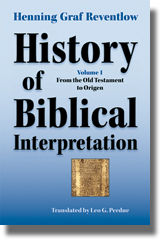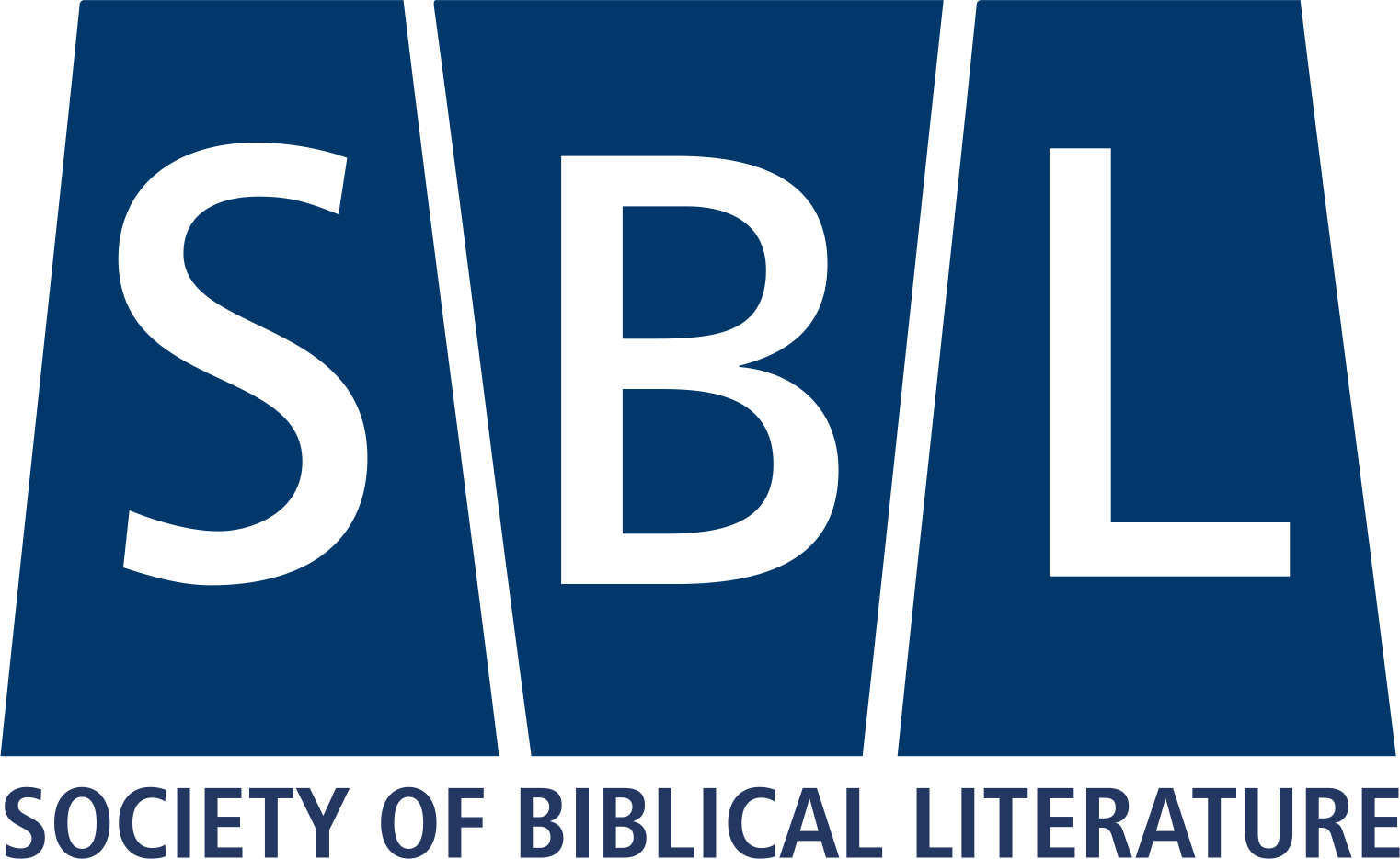
$39.00
Volume 2 of History of Biblical Interpretation deals with the most extensive period under examination in this four-volume set. It begins in Asia Minor in the late fourth century with Bishop Theodore of Mopsuestia, the founder of a school of interpretation that sought to accentuate the literal meaning of the Bible and thereby stood out from the tradition of antiquity. It ends with another outsider, a thousand years later in England, who by the presuppositions of his thought stood at the end of an era: John Wyclif. In between these two interpreters, this volume presents the history of biblical interpretation from late antiquity until the end of the Middle Ages by examining the lives, works, and interpretive practices of Didymus the Blind, Jerome, Ambrose, Augustine, Gregory the Great, Isidore of Seville, the Venerable Bede, Alcuin, John Scotus Eriugena, Abelard, Rupert of Deutz, Hugo of St. Victor, Joachim of Fiore, Thomas Aquinas, Bonaventure, Rashi, Abraham ibn Ezra, and Nicolas of Lyra.
Henning Graf Reventlow is Professor Emeritus of Old Testament Exegesis and Theology, Faculty of Protestant Theology, University of the Ruhr, Bochum, Germany. He is the author or editor of numerous volumes, including The Authority of the Bible and the Rise of the Modern World (Fortress); Problems of Old Testament Theology in the Twentieth Century (Fortress); and Creative Biblical Exegesis: Christian and Jewish Hermeneutics through the Centuries (JSOT Press).
Click here for a printable publication sheet with table of contents that you can put in your files or give to your librarian or bookstore.
Click here to purchase the e-book edition.
